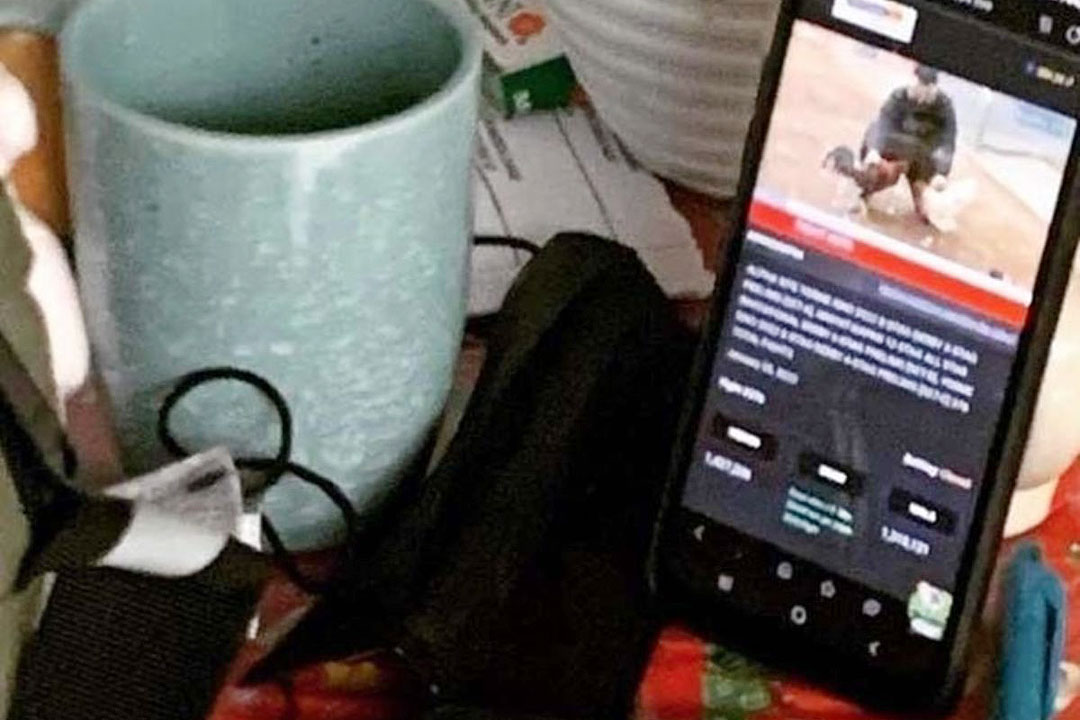Congressman seeks e-sabong revival to boost state revenue

THE GOVERNMENT should legalize online cockfighting operations or e-sabong to generate state revenues, a congressman said on Tuesday, noting that the practice continues despite a two-year ban.
The government is losing revenues it could have collected from regulating online cockfighting, Party-list Rep. Marissa P. Magsino told a House of Representatives hearing.
She made the proposal after a sweeping ban on Philippine Offshore Gaming Operators (POGO).
The Philippine Amusement and Gaming Corp. (Pagcor) generated about P6.2 billion from license fee collections of legal online cockfighting operators from 2021 to 2022, Chairman Alejandro H. Tengco told congressmen.
“To generate funds, would it be possible to create a law legalizing it because it remains prevalent anyway?” Ms. Magsino asked in Filipino.
Ex-President Rodrigo R. Duterte in May 2022 banned internet-based cockfighting after dozens of gamblers who got hooked went missing. President Ferdinand R. Marcos, Jr. upheld the ban in December 2022.
About 30 gamblers went missing between 2021 and 2022, prompting a congressional probe. The cases remain unsolved.
“If made into law… we have nothing more to do but follow it,” Mr. Tengco said in Filipino.
The Philippine Charity Sweepstakes Office (PCSO) should study how much the government could earn from making online cockfighting, Quezon Rep. David C. Suarez said during the agency’s budget hearing.
“Because there’s no proper regulation, proper monitoring and policies being implemented, maybe PCSO or Pagcor… could make a position paper [on legalizing online cockfighting],” he said.
At Pagcor’s budget hearing, Northern Samar Rep. Paul R. Daza proposed a “better version” of POGOs.
“Learning from experience, without the bad elements, [let’s] come up with a better version that will help the economy,” he said.
Mr. Tengco said Pagcor would lose as much as P7.5 billion in yearly revenue from the POGO ban that President Ferdinand R. Marcos, Jr. ordered last month. — K.C.L. Basilio



